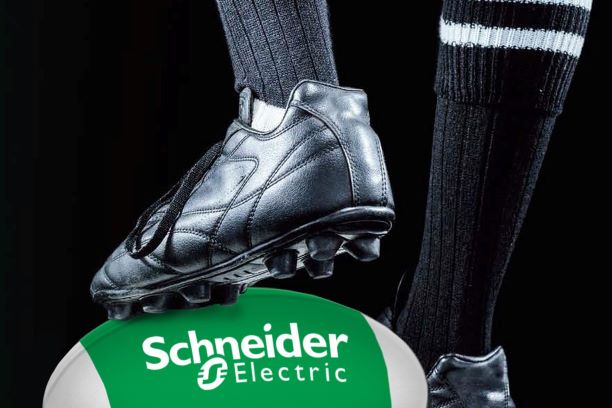Winning the Rugby World Cup is not about playing the best rugby during the year or even the best rugby at the tournament.
Former Manu Samoa No 10 and freelance rugby scribe Campbell Burnes looks back on how South Africa timed its Rugby World Cup run perfectly.
The All Blacks will look back on the 2019 Rugby World Cup and kick themselves.
Not kick like they did in the semifinal against England, where they kicked poorly for position. But they will feel like they played most of the rugby throughout the tournament, with the notable exception of the England clash, in which they were ritually squeezed out of the contest by a fired-up, aggressive side that used up so much emotion and physical reserves that they had nothing left for the final.
That 19-7 defeat, it sounds so bland when you write it – like the 1986 16-3 loss to France in Nantes tells nothing of the brutality of that infamous day – will rankle the likes of the Barrett brothers for the next four years. Some argued that all three were played out of position. Maybe, maybe not, but there was a sound argument to have them all on the track when the going got tough. Jordie Barrett had a good World Cup, but where to slot him in? Beauden and Scott Barrett both had very good World Cups. The Beau’unga experiment worked nicely until the England match, but how could you drop the classy Richie Mo’unga just to accommodate Ben Smith at the back?
There were no warning signs after the superb 46-14 dissection of a poor Ireland team. In fact, it was the All Blacks who looked to have peaked at just the right time. But peaking is a relative term. Few sides in World Cup history have played imperiously in three straight playoffs games. Even the All Blacks in 2015 almost came unstuck against South Africa in the semifinals.
We should not, in hindsight, have been so hung up about winning the opening Pool B game against the Boks. Who cares about bragging rights at a World Cup?
South Africa, whose build-up to Japan was both up (winning the Rugby Championship) and down (the suspension of wing Aphiwe Dyantyi for steroid use), did not play anywhere near its best against the All Blacks, but Rassie Erasmus had a closer idea of his top XV and the Boks worked their way untroubled through the pool games. They were not especially impressive, though clinical, in the 26-3 quarter-final win over the hosts, and then played some mediocre rugby in the 19-16 semifinal win over Wales.
But they missed firecracker wing Cheslin Kolbe in that semifinal. He made a big difference in the final, when men such as Duane Vermeulen stood tall. Halfback Faf de Klerk, who had overplayed his kicking against the All Blacks, was back to the No 9 we know and love.
And the props did a four-man 80-minute demolition job on the England bookends.
It all just looked and sounded like a team that paced itself nicely through a six-week event and was razor-sharp when they had to be.
There is something to be said for peaking at just the right time. England peaked in the semi, the All Blacks in the quarter-final.
Lesson learned. Four more years boys.

